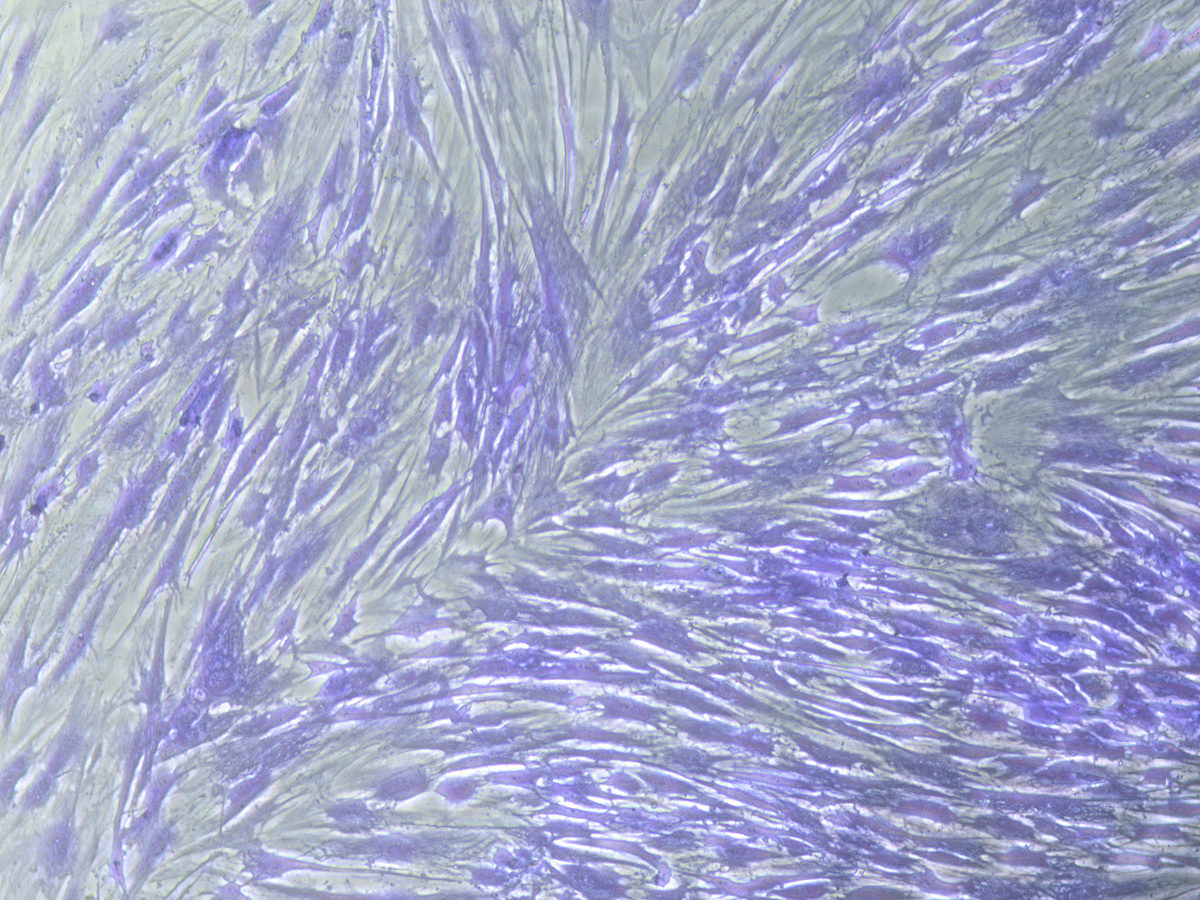Tissue Engineering and Biomaterials Lab
Director: Prof. Giuseppe M. Peretti
OVERVIEW

The Regenerative Medicine and Biomaterials Lab is focused on tissue engineering techniques for cartilage, osteochondral, and meniscus repair. Articular cartilage, and subchondral bone frequently undergo degeneration as a result of traumas or disease.
The osteochondral tissue has a poor healing potential; thus great debate persists about the best available treatment for osteochondral defects. Current surgical procedures (i.e. microfractures or mosaicplasty) lead to the formation of a fibrocartilaginous tissue, which does not exhibit the wear characteristics of native hyaline cartilage. Recently, the application of the tissue engineering approaches for the repair of osteochondral defects has received an increasing interest. In literature, several bi- or three-layered osteochondral scaffolds made of different materials are described. We recently developed biphasic scaffolds for osteochondral lesions. These scaffolds are formed by a collagenic layer (for cartilage repair) and a hydroxyapatite layer, which integrates with the subchondral bone. In the last years we tested these substitutes in large animal models (pigs and, more recently, sheep): our results show that the implant of these novel scaffolds allows for a partial repair of the lesion.
Meniscus also has insufficient intrinsic repairing potential; thus, meniscal damage leads to a persistent injury, which alters completely the joint biomechanics and leads to the development and progression of premature osteoarthritis. The aim of our work is do deepen the knowledge on meniscus development in order to develop a novel cellular scaffold for meniscus repair.
Finally, our lab is also focused on better characterizing the osteogenic and
chondrogenic potential of mesenchymal stem cells with the aim to improve our tissue engineering strategies for cartilage, meniscus and osteochondral repair.
